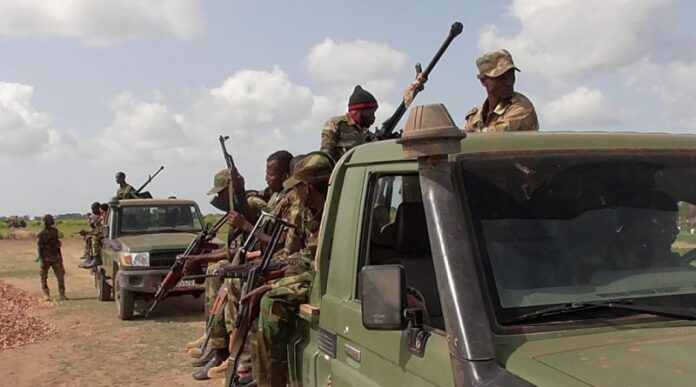WASHINGTON, USA – Political infighting has undermined the counter-insurgency campaign waged by the Somali government against al-Shabaab over the past few months.
The offensive was announced to enter its second phase in March, expanding operations to southern regions after recapturing several strategic al-Shabaab strongholds in Hirshabelle and Galmudug.
However, the offensive has been stalled. A dispute in Hiiraan region between Hirshabelle state deputy president and the Hiiraan governor over tax collection jeopardized the support of the Hawadle clan in Hiiraan, as they claimed they did not receive payments.
The dispute further escalated as the Hirshabelle state president sacked the Hiiraan governor on 16 June. Meanwhile, factional disputes also arose in Lower Shabelle, Nugaal, and Gedo regions over local power dynamics, further complicating the political terrain.
The political disputes put a pause on the second phase of the counter-insurgency operation, and as a result, fighting between al-Shabaab and security forces has decreased in recent months (see graph below); with ACLED recording a decrease of over 50% in armed interactions since September 2022, when the operation had just launched.
However, as ATMIS began withdrawing troops, al-Shabaab attacks against ATMIS forces continued to increase.
It is clear that al-Shabaab militants have made use of the political disputes as an opportunity to regroup, plan, and carry out high-profile attacks.
This report examines the different political crises engulfing Somalia and their impact on al-Shabaab activities throughout the country.
Source: ACLED






